
In the world of gardening, there are countless plants that can transform a simple outdoor space into a vibrant and enchanting haven. Among these, switchgrass, a tough ornamental grass, stands out as a remarkable addition that not only endures harsh conditions but also brings a unique blend of texture and color to any garden.
Switchgrass, scientifically known as Panicum virgatum, is native to North America. It has a long - standing history of being a part of the prairie ecosystem. This grass has adapted to a wide range of environmental conditions, making it an ideal choice for gardeners who face various challenges in their gardening endeavors.
One of the most remarkable features of switchgrass is its resilience. It can tolerate drought, flooding, and poor soil conditions with ease. In areas where water is scarce, switchgrass can thrive without the need for excessive watering. Its deep root system allows it to access water deep within the soil, making it self - sufficient during dry spells. On the other hand, in regions prone to flooding, switchgrass can withstand the inundation of water for extended periods. The roots are strong enough to anchor the plant firmly in the ground, preventing it from being washed away.
When it comes to soil, switchgrass is not picky. It can grow in sandy, loamy, or clayey soils. Even in soils with low fertility, this grass can still manage to grow and flourish. This adaptability makes it a great option for gardeners who have less - than - ideal soil conditions in their gardens.
Beyond its hardiness, switchgrass adds a wonderful aesthetic appeal to the garden. In terms of texture, its slender, upright blades create a soft, wispy effect. When the wind blows, the blades sway gently, adding a dynamic element to the garden. This movement can be both soothing and visually captivating, creating a sense of tranquility in the outdoor space.
The color of switchgrass also changes throughout the seasons, providing year - round interest. In the spring and summer, the grass has a fresh, bright green color that blends well with other plants in the garden. As the fall approaches, switchgrass undergoes a stunning transformation. The green blades turn into shades of gold, red, and purple, creating a warm and inviting palette. These autumnal colors can be a focal point in the garden, especially when paired with other fall - blooming perennials.
Switchgrass can be used in various ways in the garden. It can be planted as a border plant, creating a natural boundary between different areas of the garden. Its height, which can range from 3 to 7 feet depending on the variety, makes it suitable for creating a privacy screen. When planted in groups, switchgrass can form a beautiful mass planting that adds a sense of unity and cohesion to the garden.
Another advantage of switchgrass is that it is relatively low - maintenance. Once established, it requires minimal pruning and fertilizing. It is also resistant to many common pests and diseases, reducing the need for chemical treatments. This makes it an environmentally friendly choice for gardeners who want to create a sustainable garden.
In conclusion, switchgrass is a true gem in the world of gardening. Its ability to withstand harsh conditions, combined with its aesthetic appeal, makes it a valuable addition to any garden. Whether you are a novice gardener or an experienced horticulturist, switchgrass is a plant that should not be overlooked. So, the next time you are planning your garden, consider adding this tough and beautiful ornamental grass to bring both texture and color to your outdoor space.
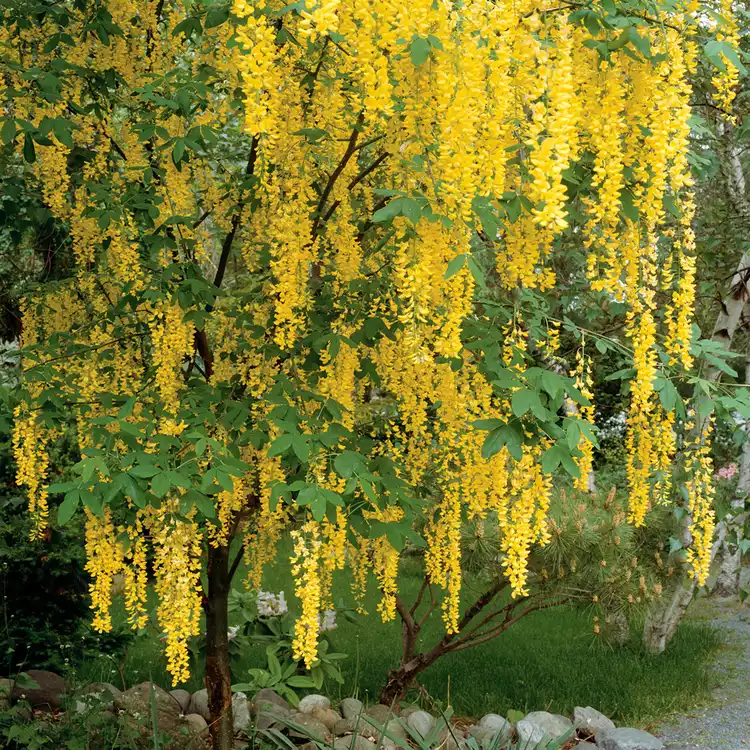
19 Small Trees for Front Yards That Explode with Color
Small trees can still pack a big punch in your landscape. Whether you've got a modest-size yard or are just filling in larger spaces, these varieties will fit in perfectly.
The Art of Pruning Magnolias for Optimal Growth
The Art of Pruning Magnolias for Optimal Growth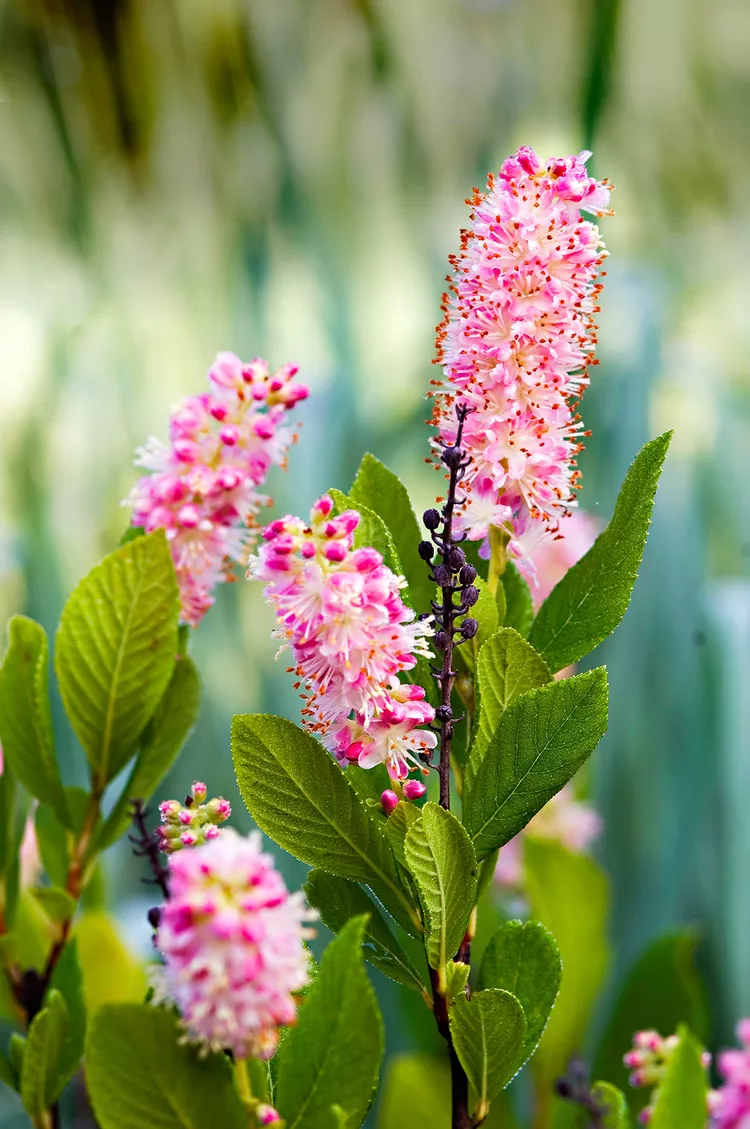
13 Summer-Flowering Shrubs That Are Super Easy to Grow
Plant these low-maintenance shrubs that bloom in summer to enjoy colorful flowers during the hottest months of the year.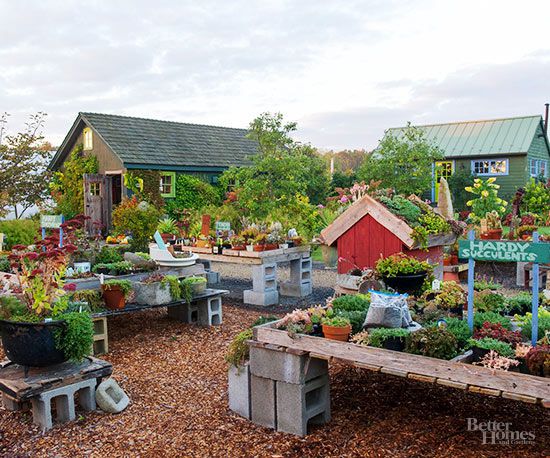
How to Xeriscape for a Water-Wise Yard
Create a beautiful landscape and conserve water with xeriscaping, a landscaping method that reduces irrigation needs and maximizes the use of natural precipitation.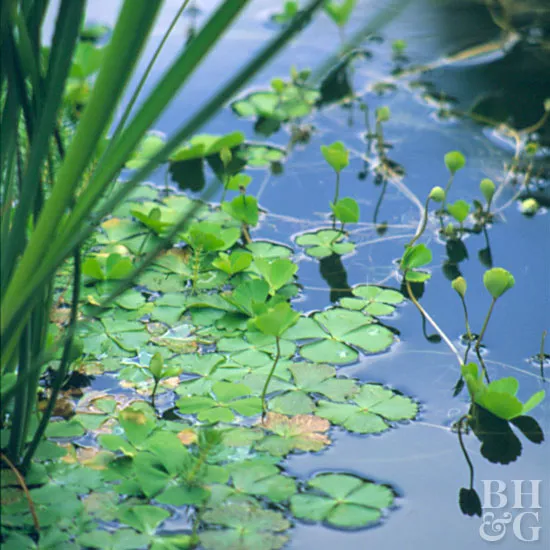
How to Plant and Grow Water Clover
Water clover may look like a dense mat of lucky four-leaf clovers, but it’s actually a fast-growing aquatic fern.
The Enchanting Allure of Blue - eyed Grass in Your Garden
The Enchanting Allure of Blue - eyed Grass in Your Garden
Reviving Your Ficus: Unraveling the Mystery of Sticky Leaves
Reviving Your Ficus: Unraveling the Mystery of Sticky Leaves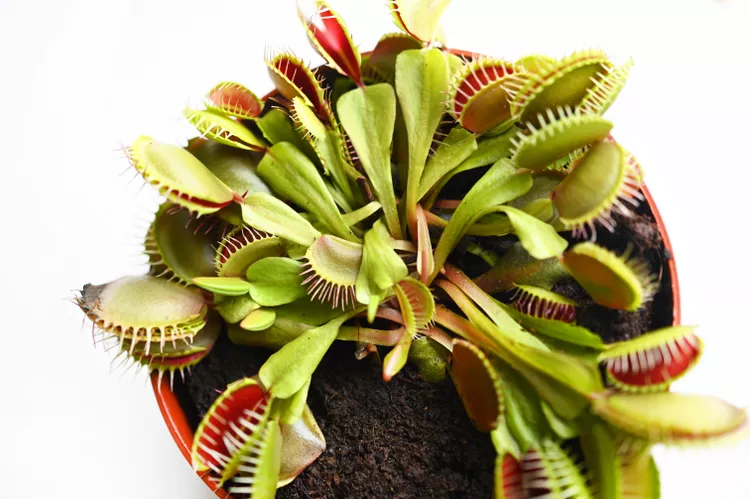
How to Grow a Venus Flytrap as a Houseplant
To grow a Venus flytrap, you need to give this carnivorous plant special care. Use these tips to keep your Venus flytrap thriving indoors as a houseplant.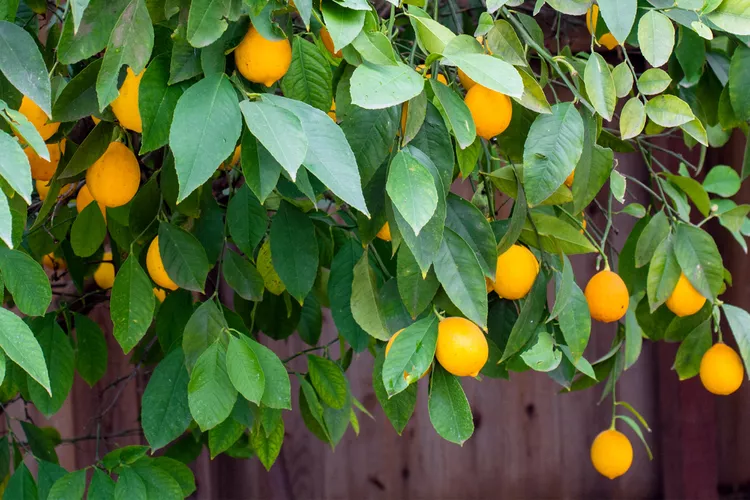
How to Plant and Grow a Meyer Lemon Tree
A Meyer lemon tree that produces sweet fruit is a beautiful addition to your garden or home.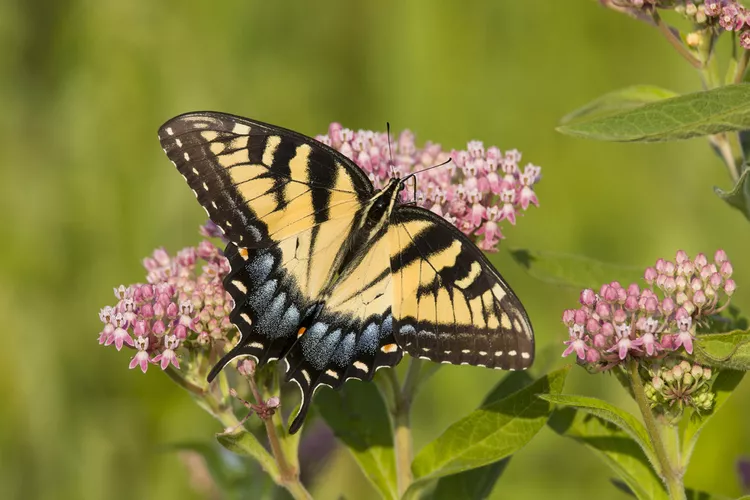
22 Beautiful Garden Plans for Attracting Birds and Butterflies
Create a butterfly- and bird-friendly landscape with these garden plans. Each design includes a mix of plants that can provide nectar, seeds, and shelter to wildlife. Add a water source to further enhance the habitat.
Unveiling the Wonders of Shade Garden Plans
Unveiling the Wonders of Shade Garden Plans
Unleash Your Garden's Potential with Our Free Guides
Unleash Your Garden's Potential with Our Free Guides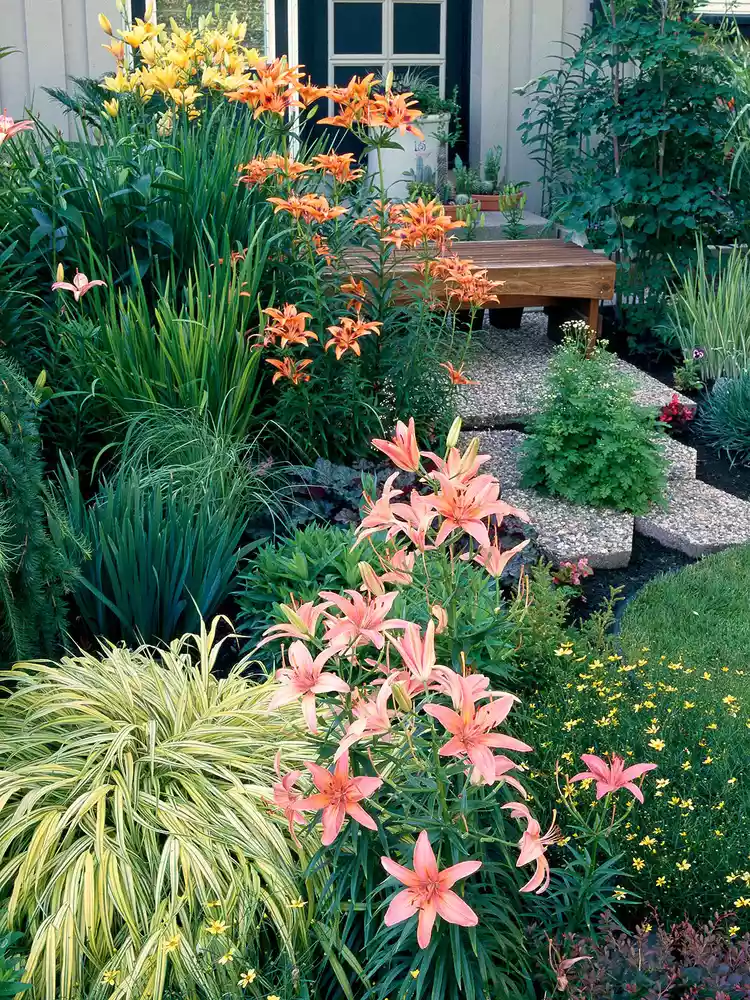
Use a Color Wheel to Plan Your Garden
Create a flower color wheel for your garden as you explore your plant color palette. It's the perfect meeting of gardening and decor! We'll help you discover how to use complementary, analogous, cool, warm colors, and more!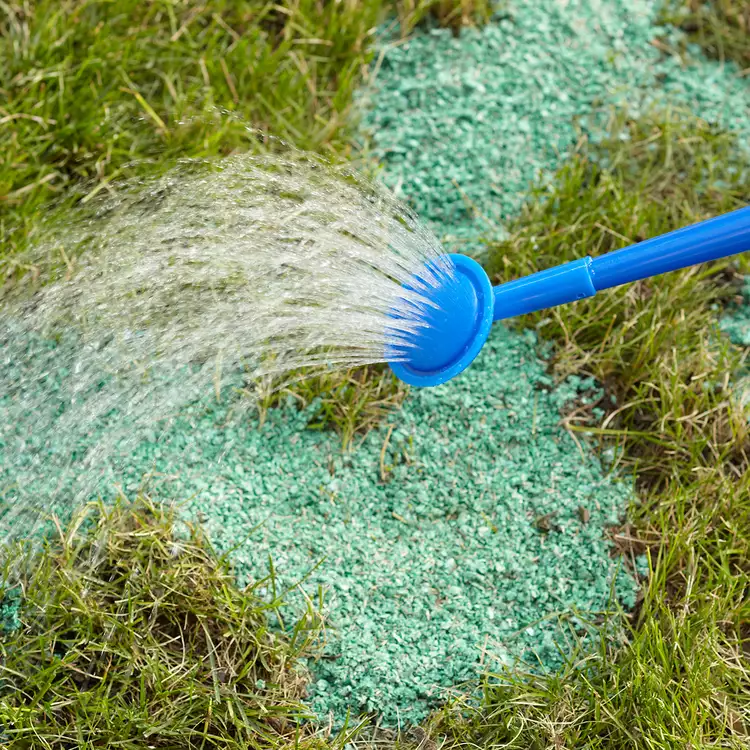
Your Seasonal Lawn-Care Schedule for the Northeast
Take the guesswork out of yard work. This lawn-care calendar lets you know when to mow, aerate, fertilize, and seed your yard in the Northeast.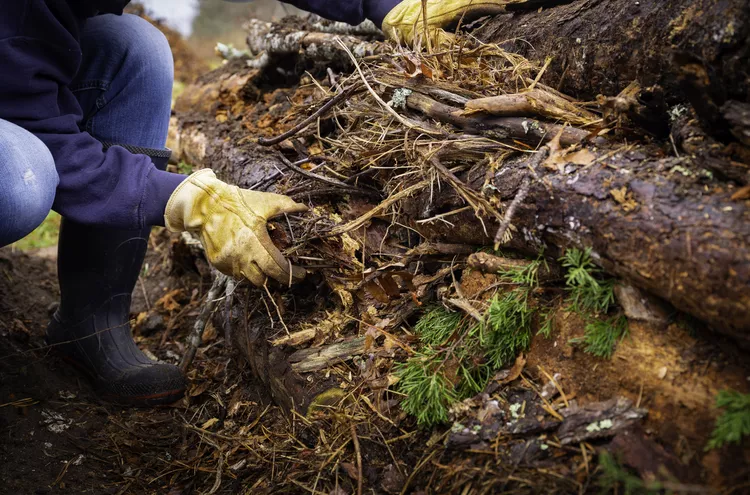
What to Know About Hugekultur Gardens and How to Create Your Own
Find out what hugelkultur is and the benefits this low-maintenance gardening technique provides with step-by-step instructions to create your own.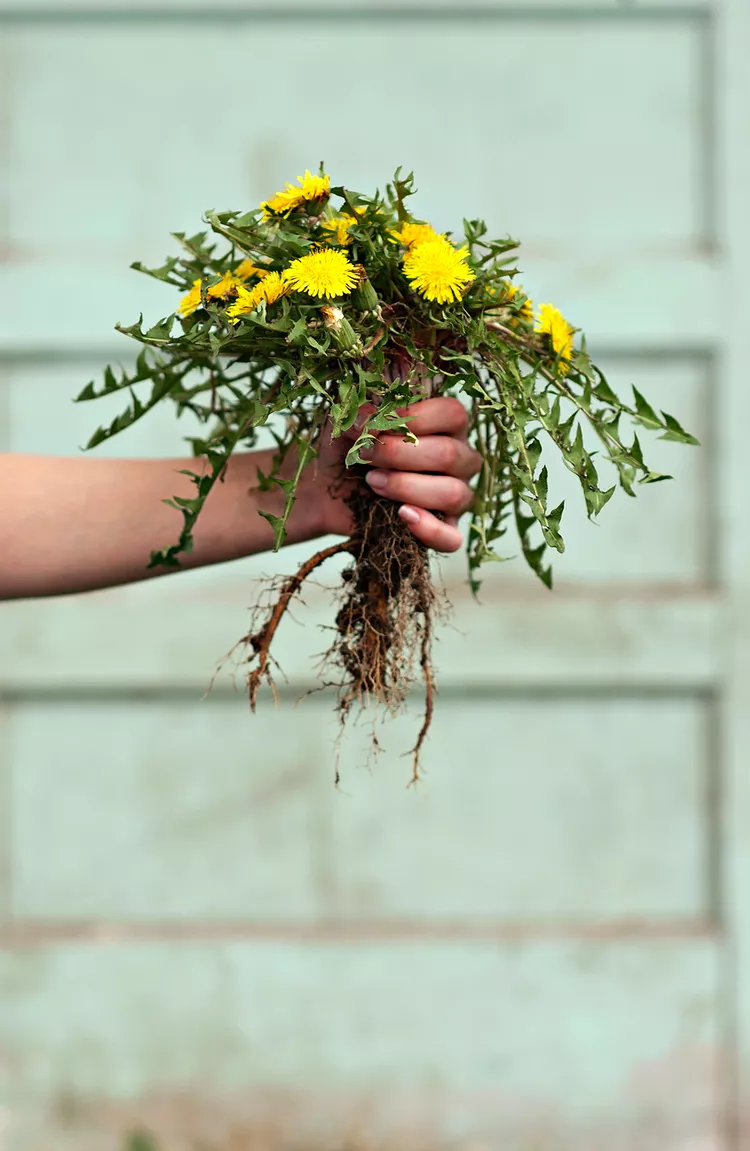
How to Kill Weeds Naturally Using Organic Products
Here's how to kill weeds naturally and organically in flower beds without any chemicals or products that will harm your plants.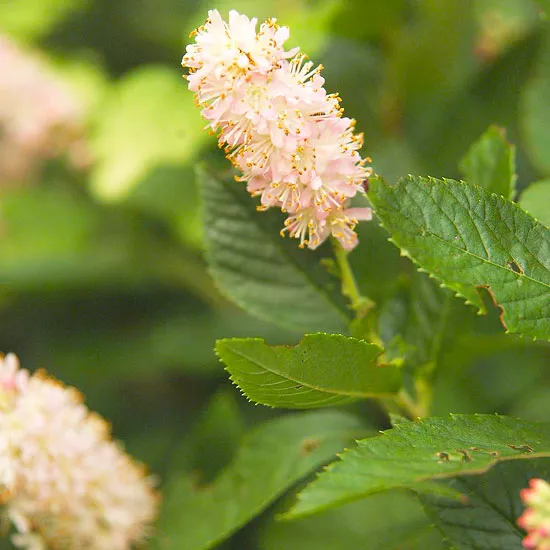
Super Plants for Kentucky Landscapes
Beautiful landscapes start with outstanding plants, and these award-winners are perfectly suited to Kentucky gardens.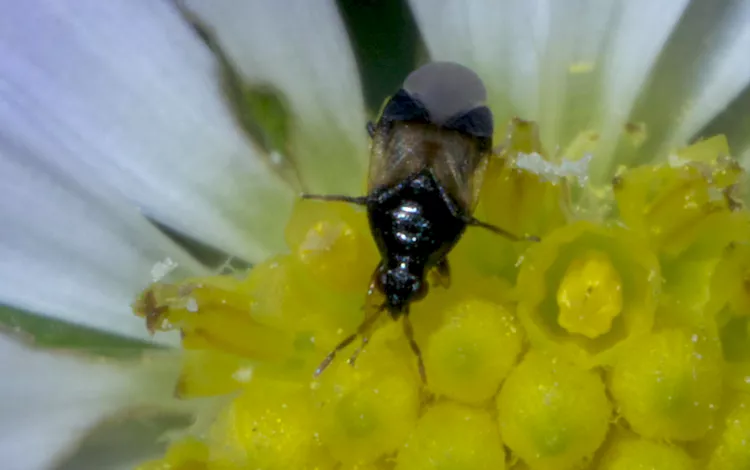
How to Avoid Minute Pirate Bugs: They're Tiny but Pack a Big Bite
Tiny minute pirate bugs are barely visible but their bites are painful. Here's how to prevent them from biting but allow them to help your garden.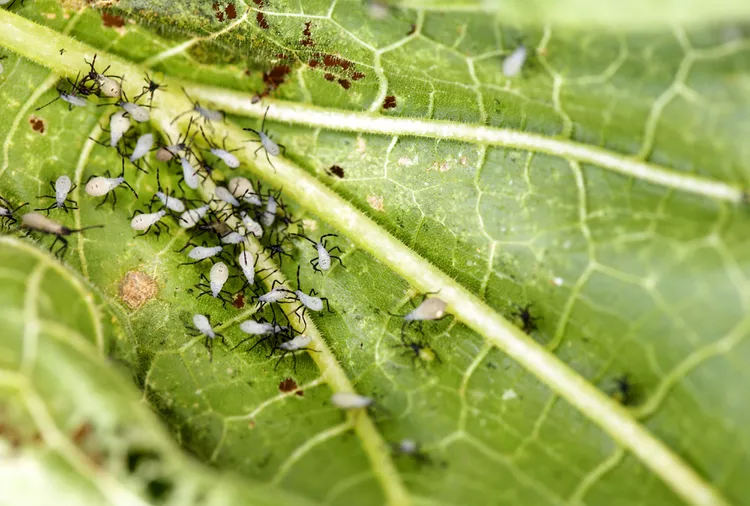
8 Tips for Getting Rid of Squash Bugs Naturally Before They Devour Your Plants
Find out how to get rid of squash bugs with these natural pest control tips, plus learn how to identify these insects and their damage.
Nature's Defense: Keeping Fleas and Ticks at Bay with Garden Plants
Nature's Defense: Keeping Fleas and Ticks at Bay with Garden Plants